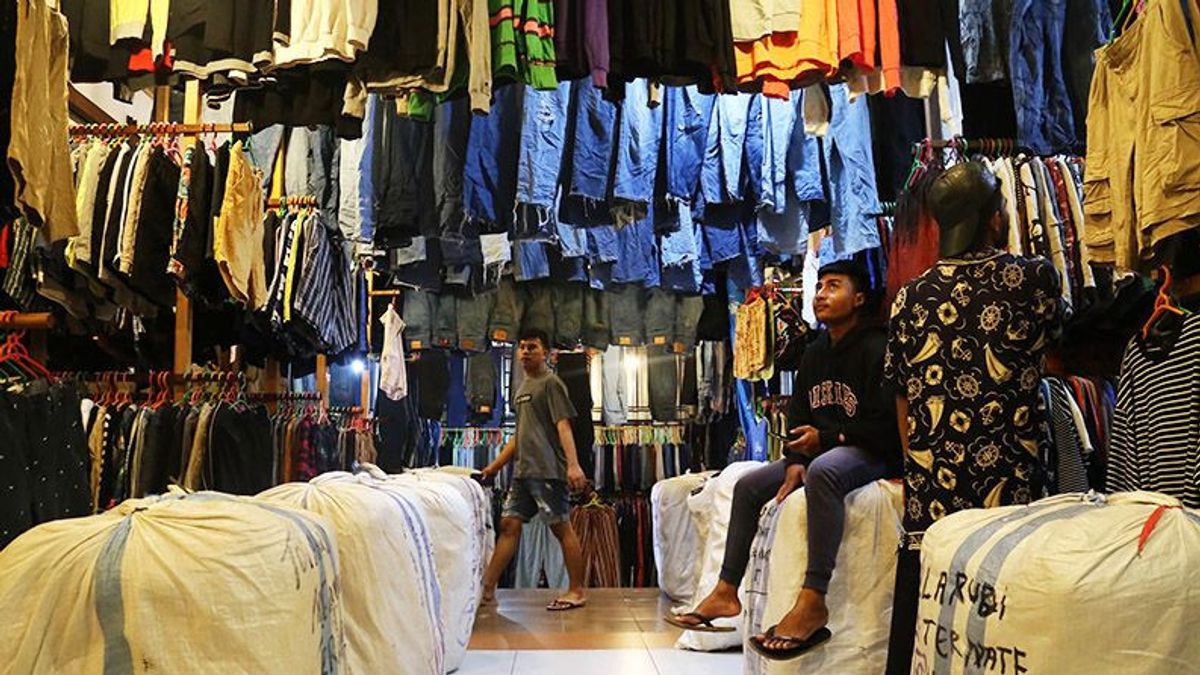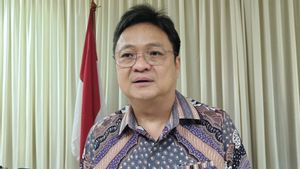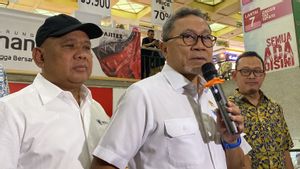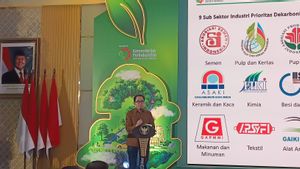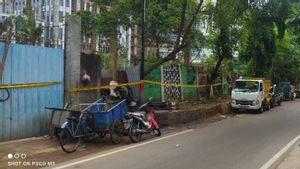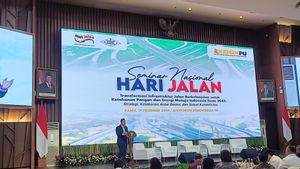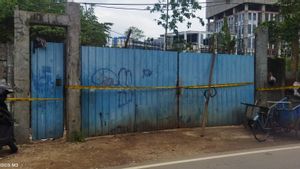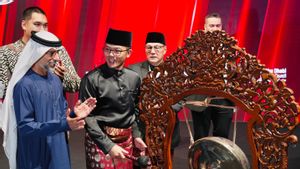The rise of illegal imported clothes in the Indonesian market is still considered to be the main cause of sluggish sales of the domestic textile and textile product (TPT) industry. Not only that, but clothes and imported TPT have also caused Indonesia to continue to lose money, one of which is in terms of state revenue.
Chairman of the Association of Indonesian Textiles (API) West Java, Ian Syarif, revealed that the illegal import value of TPT is predicted to reach US$2.9 billion in a year. He said that this figure is a difference in the value of exports recorded in the country of origin and entering Indonesia.
"If we convert it, the amount is around 3 million pieces of clothing per day," said Ian at the API office, Jakarta, quoted on Tuesday, March 19.
"So 3 million pieces per day with this Permendag, think we can catch 50 percent or about 1.5 million pcs of clothing, if the market is given to the domestic market and also to the official importer market, I think it can increase the impact of PPn which is extraordinary," he continued.
On the same occasion, General Chairperson of the Indonesian Filament Filament Filament Fiber and Benang Producers Association (APSyFI) Redma Gita Wirawata added that state losses due to the invasion of illegal import TPTs ranging from PPn, customs safeguards, not to mention other taxes that are the company's obligations in Indonesia.
"If the official imports are, right, you have to pay PPn 10-11 percent, then only Rp20,000-Rp70,000 per pc. So, if we see that there are goods on the online that sell Rp40,000 or Rp50,000, it must be a lie, it must be illegal. Because you have to pay the safeguard," said Redma.
"What kind of state loss is that, yes, with what Pak Ian said earlier. If 3 million pcs per day consider an average of IDR 50,000, then IDR 50,000 multiplied by 3 million pcs, it's a loss per day that the state doesn't get. It should be used to produce domestically, which absorbs labor. So, the economic impact is very large," he added.
Therefore, continued Redma, national textile entrepreneurs from upstream to downstream support the government in issuing the Minister of Trade Regulation (Permendag) Number 36 of 2023 concerning the Import Regulation Policy which regulates restrictions on the flow of imported goods entering Indonesia.
SEE ALSO:
The regulation has now been amended by Permendag Number 3 of 2024 concerning Amendments to Permendag Number 36 of 2023 concerning Import Regulation Policy, which is valid from March 10, 2024.
"Thank you to the government, the Coordinating Ministry for the Economy, the Ministry of Trade, the Ministry of Industry and the Ministry of Finance. This has been on the track which is very good for creating fair competition (fair) in the domestic market, so that the domestic TPT industry can grow healthy," he said.
According to Redma, since the Permendag was implemented on March 10, 2024, it has begun to look like demand growth to downstream textile factories in the country.
"With this Permendag, it has begun to appear that there is an effect on small and medium industries, orders are starting to enter. With demand downstream, of course, it will have an impact on the weaving industry, then it will have another impact upstream, on the fiber industry," he said.
The English, Chinese, Japanese, Arabic, and French versions are automatically generated by the AI. So there may still be inaccuracies in translating, please always see Indonesian as our main language. (system supported by DigitalSiber.id)
